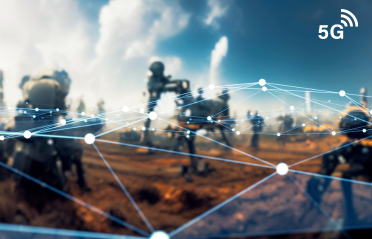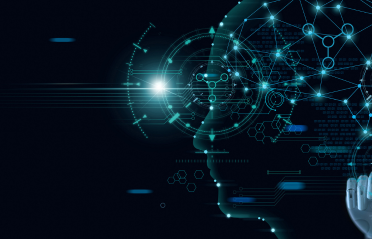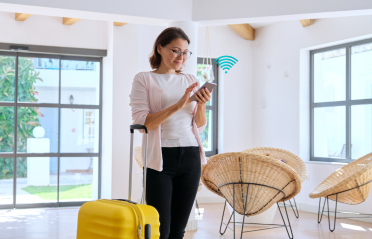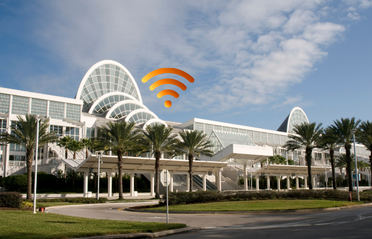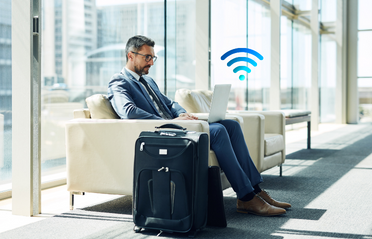5G in Defence – Enhancing Military Operations
April 4, 2024

- Markets
- Solutions
- Services
Product Engineering Services Customized software development services for diverse domains
Quality Assurance End-to-end quality assurance and testing services
Managed Services Achieve scalability, operational efficiency and business continuity
Technology Consulting & Architecture Leverage the extensive knowledge of our Domain Experts
- Innovations
- Resources
- About Us
- Careers
- Contact Us

